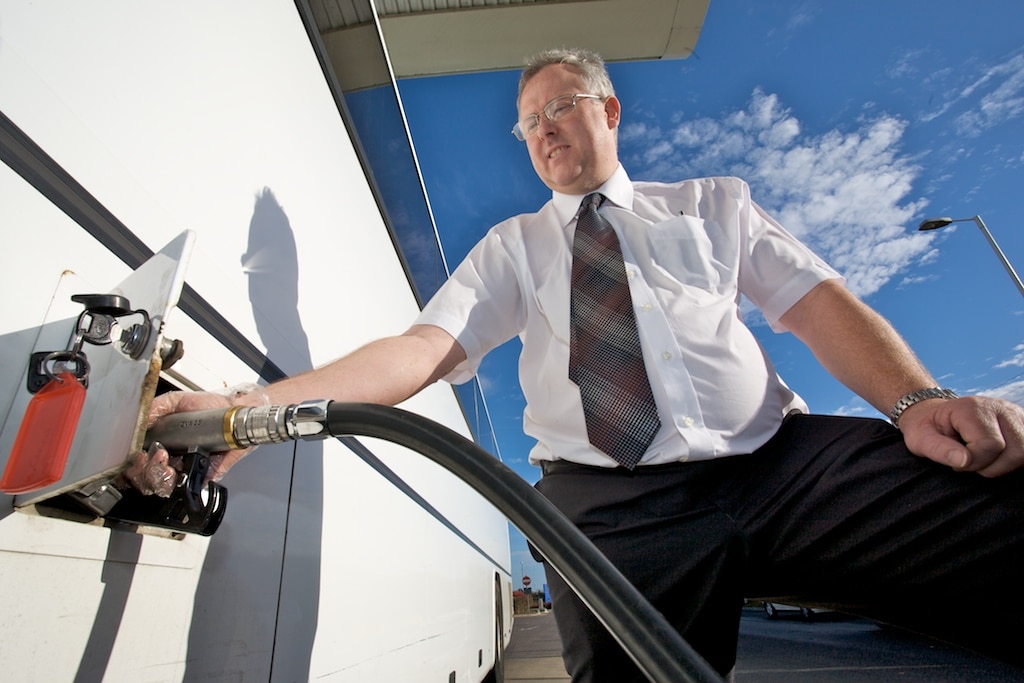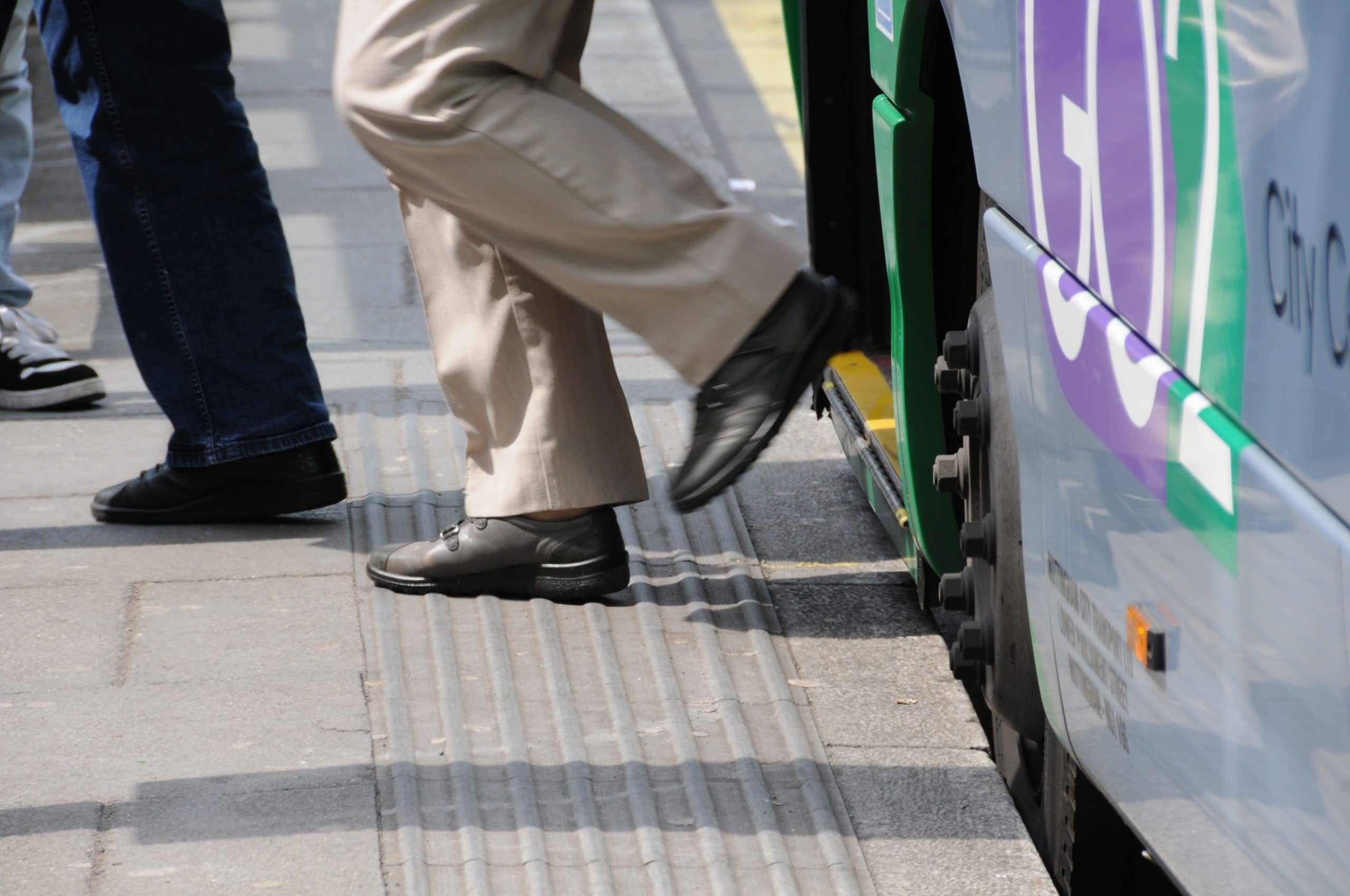Staffordshire County Council (SCC) has released £1.89m of funding for financial year 2022/23 to provide a rate uplift to operators of contracted home-to-school and local bus services. The move comes after SCC recognised that financial pressures on the coach and bus industry mean that some of its members may be “unable to sustain their operation” at current rates.
The decision was made at a SCC Cabinet meeting on 18 May. A letter sent to operators soon afterwards by Senior Transport Co-ordinator Dominic Davidson shows that the rise is made up of two components. An increase of 5.4% of the contract value is towards fuel costs, while a 3.1% uplift is towards inflationary pressures. The latter would ordinarily have come due on the anniversary of the contract, but it will instead be paid early.
SCC will backdate the 5.4% award for invoiced transport costs in March. It will backdate the full 8.5% for April and then pay all contract prices with an 8.5% uplift from May.
The only exceptions are where a contract has already been varied to take account of rising costs, and those that have been tendered since March. In the latter cases, SCC believes that operators from that point onwards should have submitted prices based on higher costs.
In papers for the 18 May Cabinet meeting, SCC notes that it has seen “a high volume” of contracts “being handed back” by operators. It subsequently confirmed that number as 47 in the previous four months because of both cost pressures and driver shortages. The rate increase is intended to prevent further instances and ensure that SCC’s SME contractors “can maintain financial stability.”
A clerk’s note adds that any delay in implementing the rate uplift “could potentially result in a significant risk of disruption to statutory service delivery.”
Staffordshire County Council is a further local authority to increase payments for contracted transport services, but research by routeone in March and April demonstrated that many others in England, Scotland and Wales had no plans to do the same. More than one affected operator has advocated the introduction of a fuel escalator to mitigate the impact of spiralling diesel prices on contracts.

























